Nursery
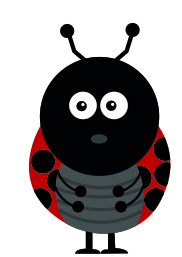
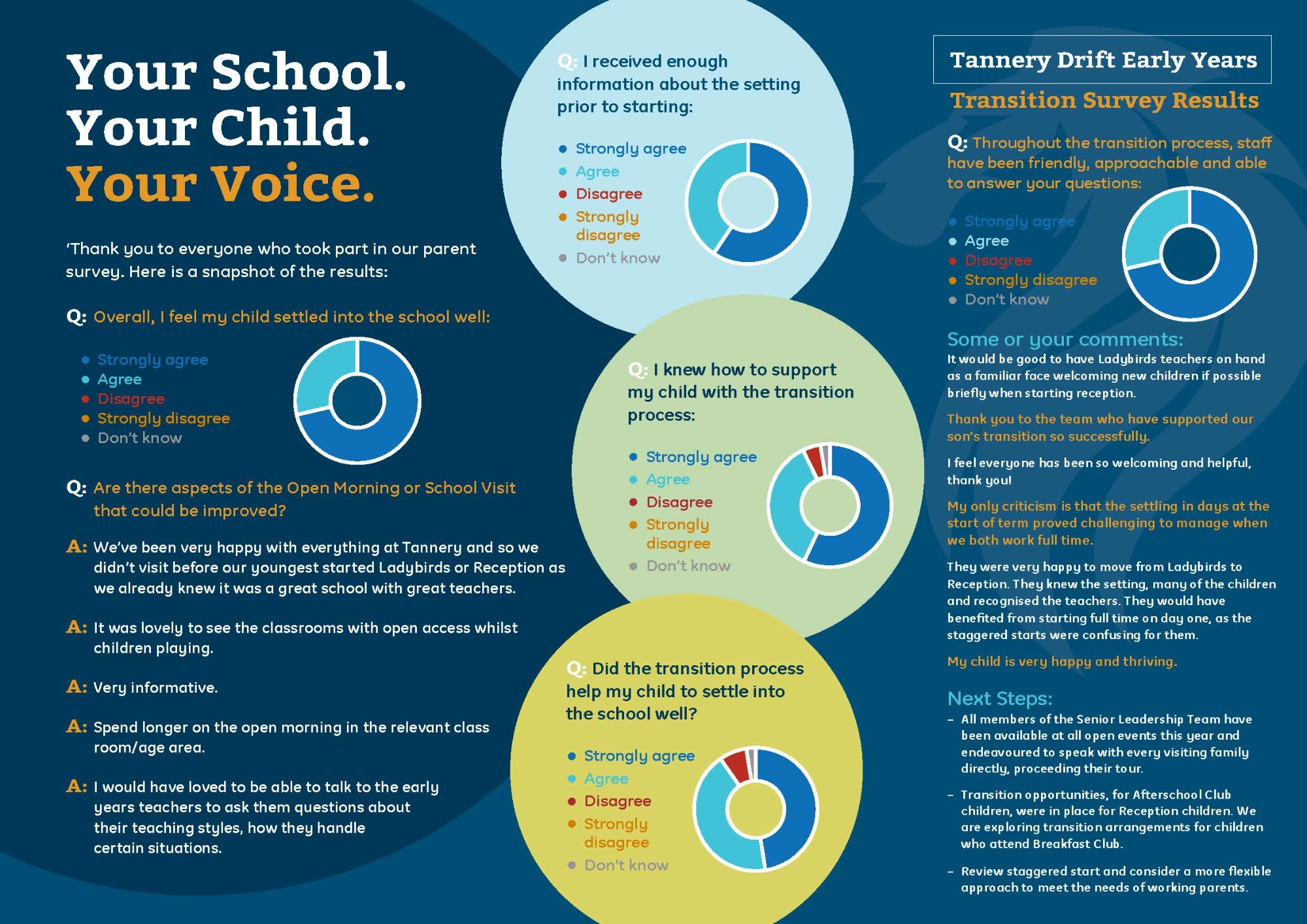
In Ladybird Class we have lots of fun learning through play, using a wide range of toys and open-ended resources. Imaginative play is used to exploring and extend ‘what we know’, enabling the children to take on familiar roles and experiences they will have observed. The broad range of books and story telling resources provide children with the opportunity to share familiar stories, retell stories and create their own imaginative narratives. Children are can be heard using numbers in their play as they set up tea parties or sing number rhymes using our song box. Construction resources provide a wealth of opportunities for collaboration and discussion around shape and size, whilst fostering imagination, as the children build and create. A variety of mark-making resources support experimentation and creativity for budding artists and opportunities to begin to explore their writing skills. Sensory resources, including sand, water, and playdough, help develop the understanding of texture and capacity, whilst also developing fine motor skills.
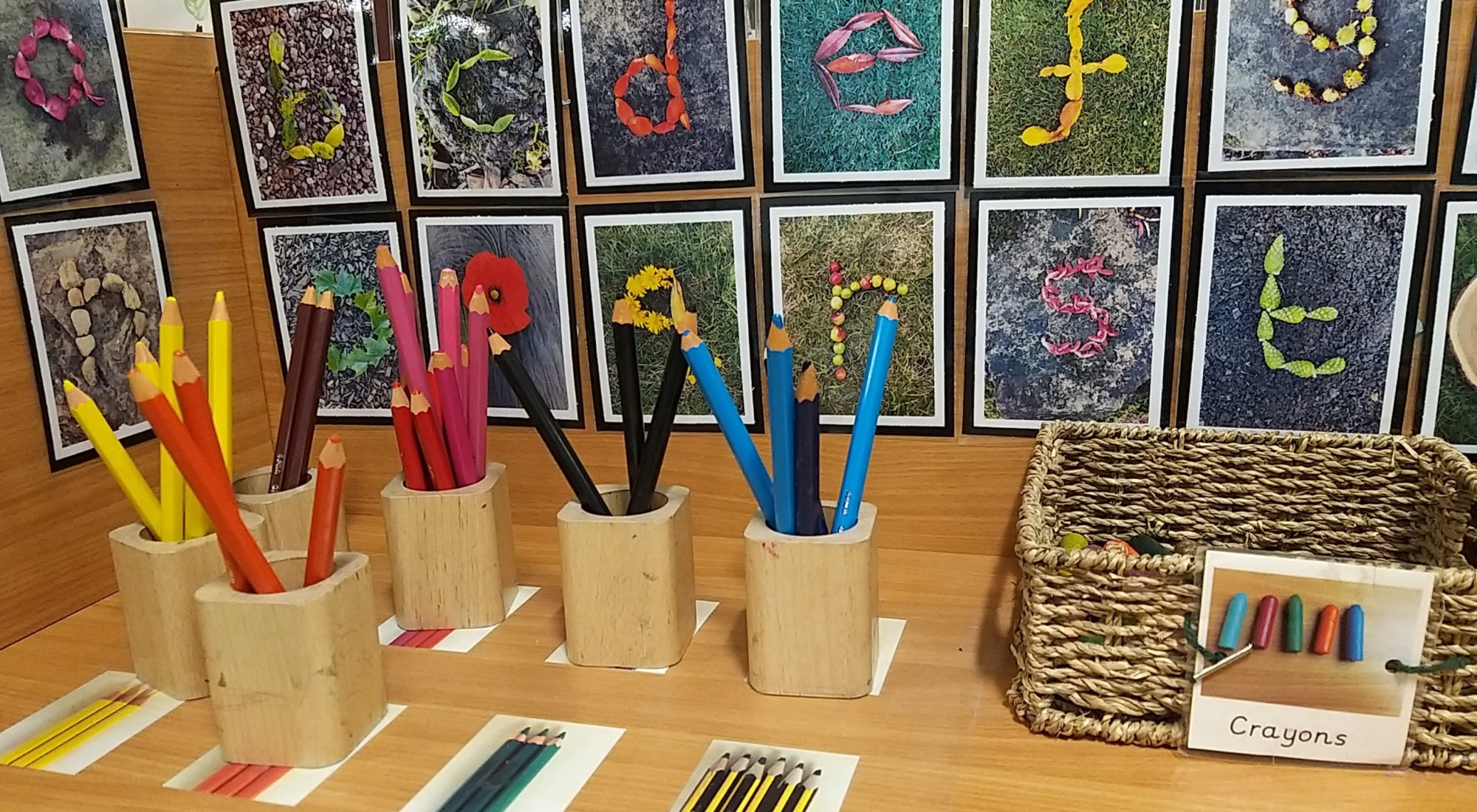
Our large outside space has pathways for riding our bikes and scooters, a mud kitchen for getting messy making mud soup, a large sandpit and climbing frames. We encourage the children to play outside as much as possible, dressed appropriately for all weathers!
We have fun going on welly walks to our school’s Nature Area where we look more closely at living things. We follow the interests of all the children when planning our activities. Children take part in small group adult led tasks to explore activities and develop their phonics skills alongside daily rhyme time. We complete our nursery session by listening to the story of the week and ending with the goodbye song.
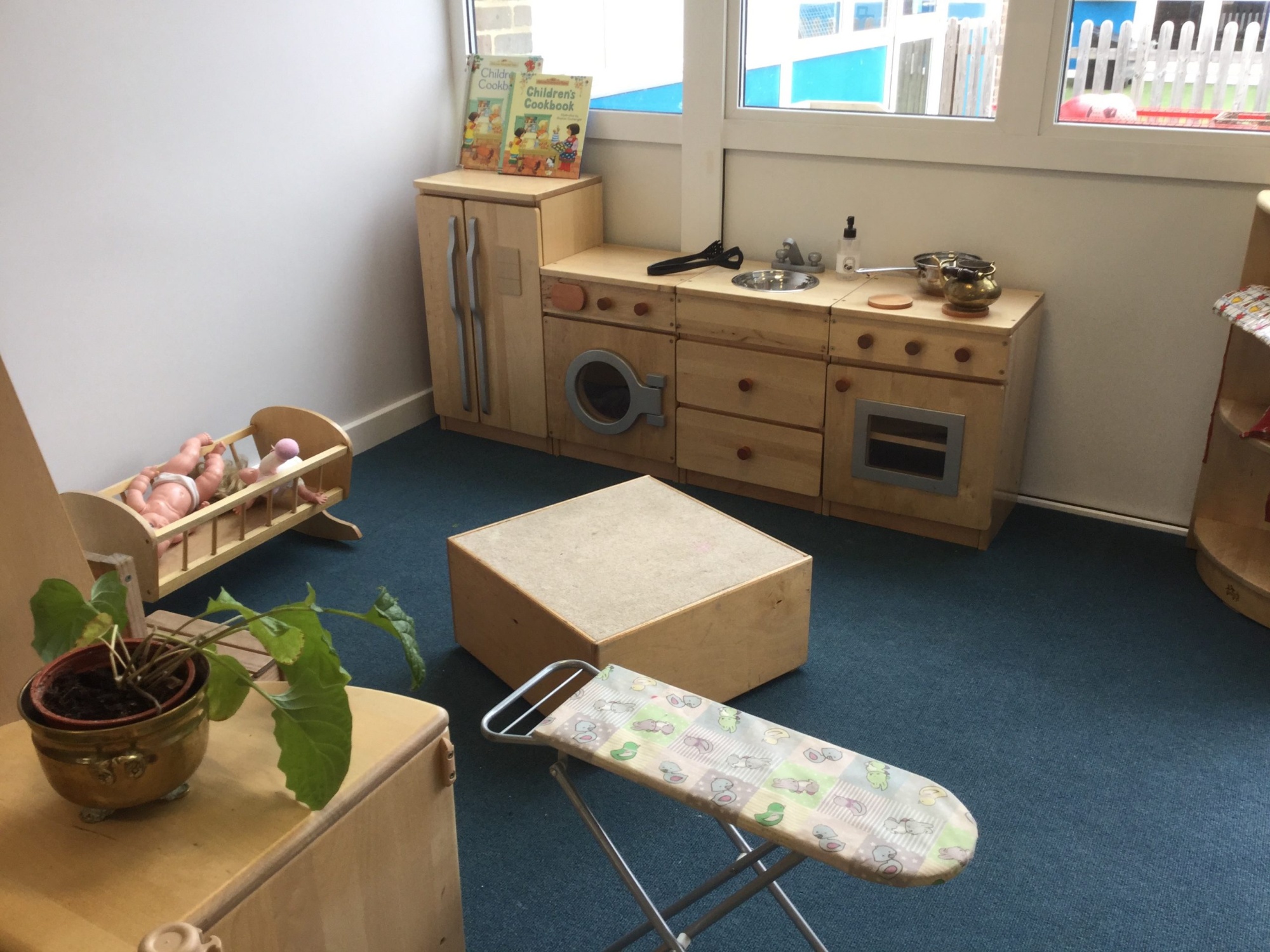
The Ladybird Class team is made up of our two teachers, Mrs Kay and Mrs Wells, who are supported by passionate support staff and Early Years workers.
Curriculum
In Ladybird Class we endeavour to provide children with the learning behaviours that will support them throughout their education – these Characteristics of Effective Learning underpin everything that we do, to enable children to become independent learners who apply their existing knowledge, skills and understanding to their play. The role of the adult is to encourage children to be active learners, through playing and exploring, whilst developing critical thinking skills, enabling them to be adaptive.
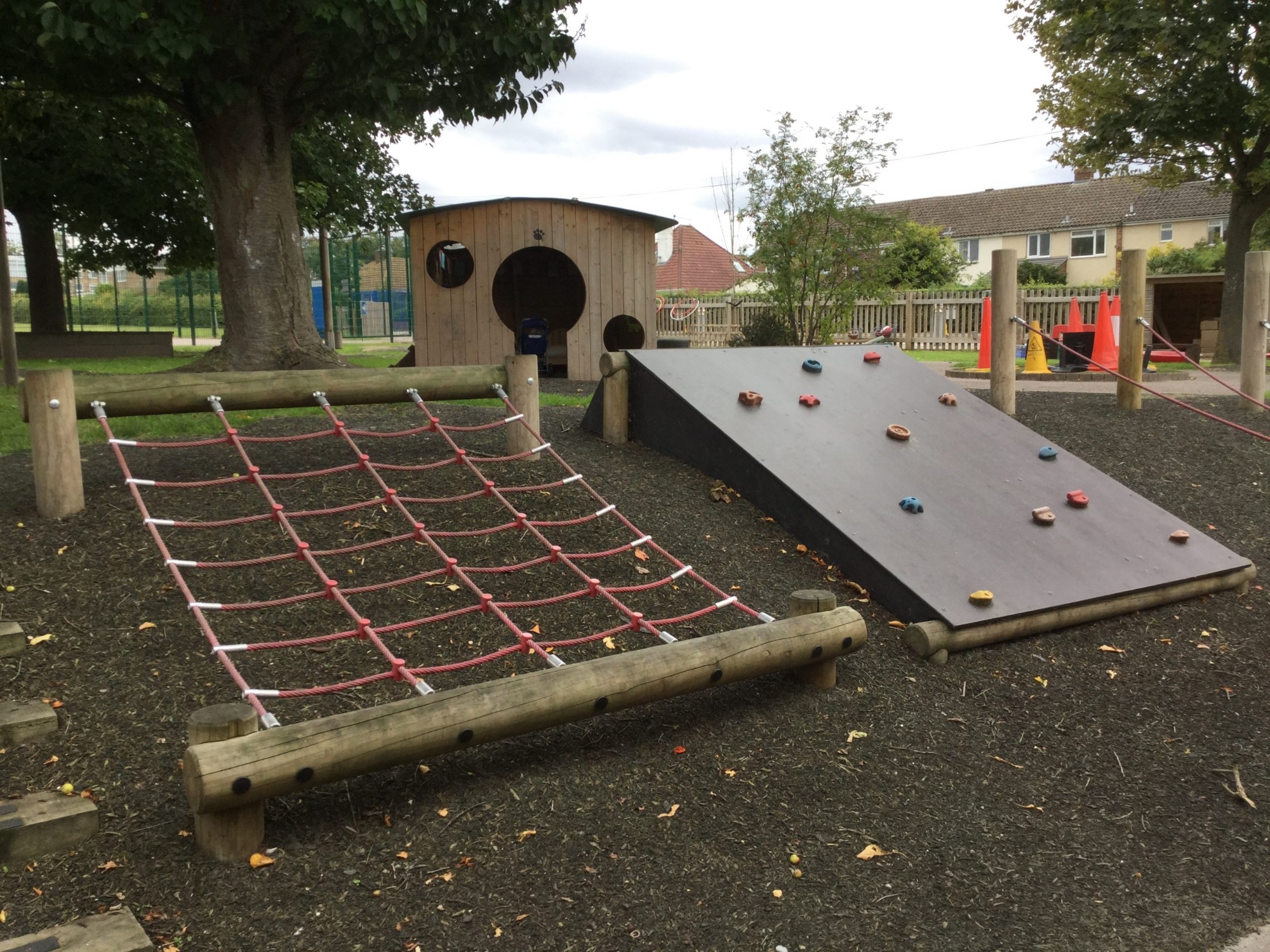
There are 7 different areas of learning and development, that we target across all areas of the classroom:
Personal, Social, Emotional Development
-
Adults enable children to become settled and happy within the classroom so that they are ready to learn.
-
Children are encouraged to become independent by developing self-care skills, including getting ready for home-time and toileting.
-
Opportunities are created for children to develop positive learning behaviours, such as perseverance and resilience, through stories, play and discussions.
-
Positive social behaviours are modelled and encouraged, supporting children in developing friendships. Snack provides children an opportunity to learn about healthy eating.
Communication and Language
Being a successful communicator is vital to a child’s development. Our Rhyme Time and phonics sessions take place daily to promote language development and listening skills. Enhancements in the environment, adult led activities and story time develop vocabulary, understanding and promote topical discussions. As adults, we model conversational skills, pronunciation, and the correct use of tenses.
Physical Development (P.E.)
P.E. sessions provide the opportunity for children to apply and develop gross motor skills through ball games, dance and using large equipment. These skills can then be applied independently to all areas of the environment, including our vast outdoor space. Fine motor activities and classroom resources support fine motor skills, such as cutting, mark making and pouring. Food preparation tools are explored when preparing snack, such as peeling and spreading.
Literacy
We promote a love of reading through sharing stories during play as well as a daily story time sessions, often repeating the same text to develop the children’s ability to engage in conversation about stories. Early reading skills are developed through daily phonics games and songs. This enables the children to understand rhythm and rhyme, hear and discuss sounds, such as environmental, instrumental and letter sounds. Children explore mark making through a range of media, gradually adding more detail and including forming letters.
Mathematics
Number is incorporated into all areas of play, for example, when children count the number of blocks they have used to build a tower or counting out the teacups for their friends when engaged in a role play activity. Mathematical language is modelled through giving instructions, discussing shape, or making comparisons about size and weight. This is enhanced by daily maths sessions, which covers all areas of the maths curriculum through modelling and practical activities.
Understanding the World
Children explore and discuss the world around them, starting from their personal experiences, developing understanding of others and then the wider world. We celebrate diversity through photographs from home, exploring different cultures and religions through discussions, stories and play. We embrace our outdoor spaces to explore seasonal changes and develop an awareness of caring for living things. Class pets also develop the knowledge and skills to look after a living creature. A broad range of resources allow children to observe and make comparisons about materials and forces.
Expressive Art and Design
Children’s interests are enhanced through small world and role play resources, which allow them to act out familiar experiences or use their imagination to create their own worlds. A variety of materials and tools inspire children to create models and artwork to represent their own ideas. Music and instruments are explored through Rhyme Time, phonics and enhancements in play.
Click here to see the assessment framework for Early Years Foundation Stage (EYFS).


